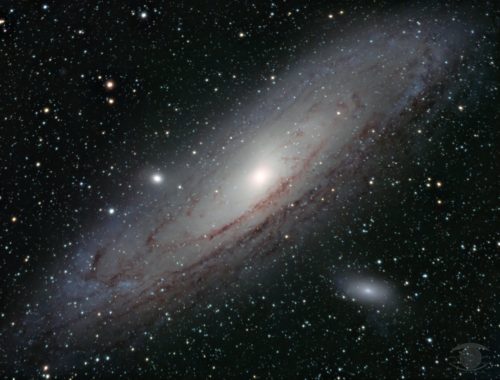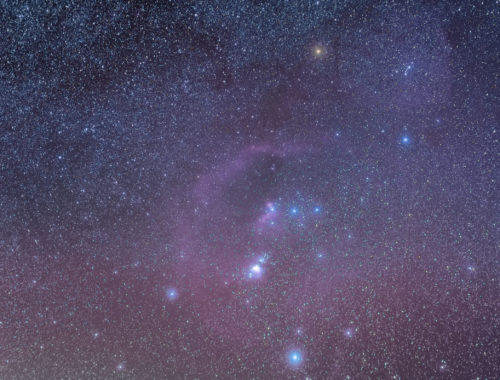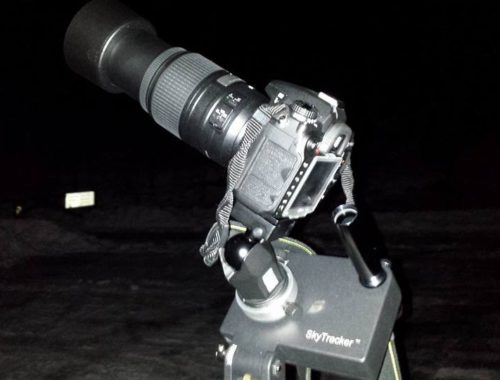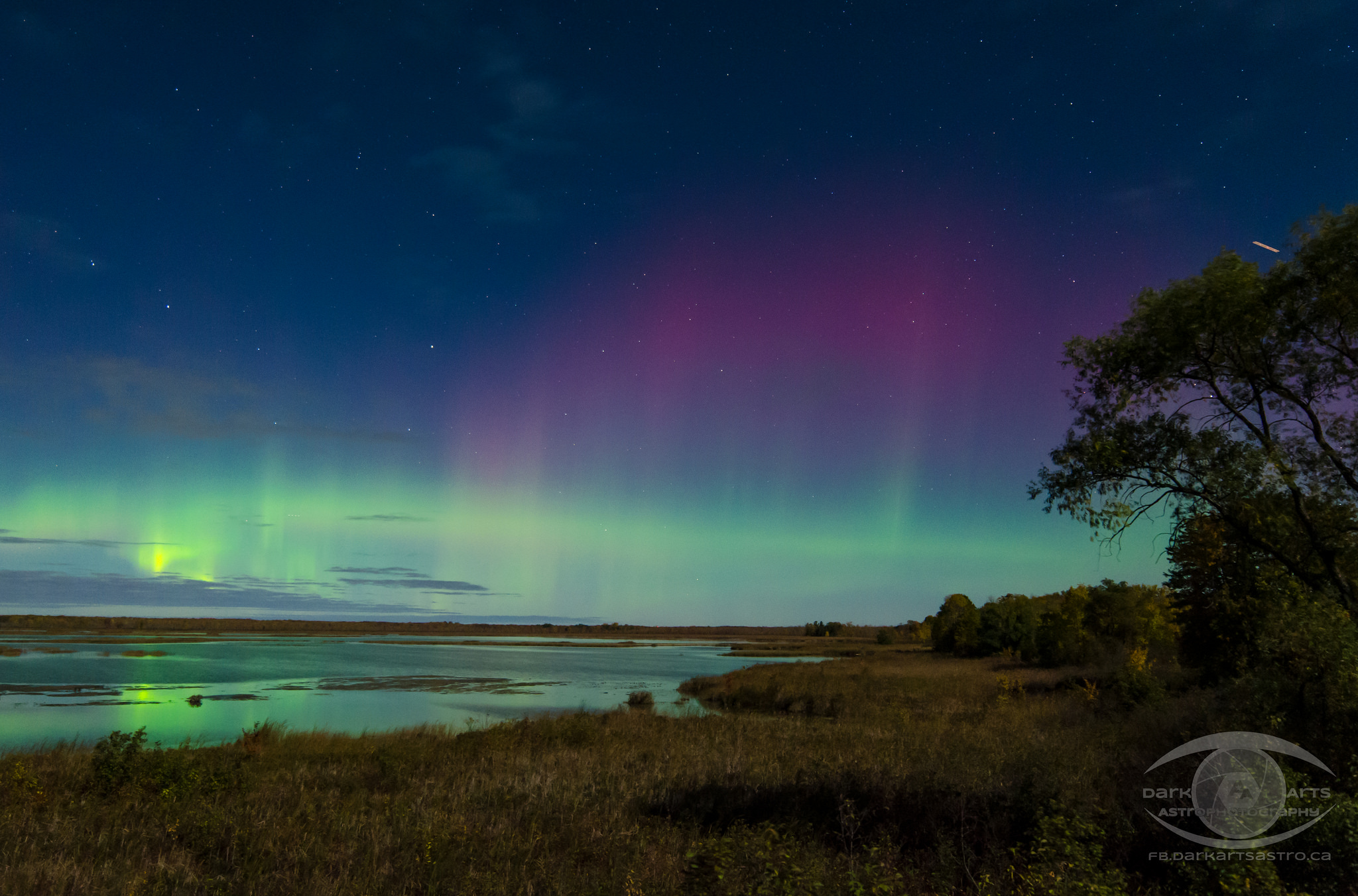It was 16 years ago today that we have the largest electrical blackout in North American history. Known today as the Northeast blackout of 2003, a large part of Ontario and the northeastern United States were without electricity for a period of up to 2 weeks in some areas. In this time, I not only got the best telescopic views of the night sky I’d ever gotten, but also had an encounter that really altered my view on light pollution and how people perceive it. Up until that point, I had considered light pollution to be merely a nuisance, as I had grown up under dark skies. I didn’t really realize how others perceived it.
I was taking advantage of this blackout to do something I couldn’t normally do – I was out in my driveway observing the southern areas around the Milky Way core with my telescope. I live in a subdivision at the north end of the city, so normally the southern sky was aglow with light pollution. Observation from my house typically was overhead and the northern skies. Having just recently gotten my 6″ scope, this was a great opportunity for me to test it out.
As I was doing my observing, a young couple in their early 20s strolled by on the sidewalk. Naturally, they were curious and stopped to chat. The girl then asked me what in the spur of the moment was a very strange question – “What are all those little lights in the sky? And what’s that big cloud overhead?”
“Those are stars.” I replied in a most matter-of-fact manner.
“No, those are stars,” she said while pointing to the obvious brightest stars, and possible a planet. “I mean all those OTHER ones.”
I paused for a moment, partially in disbelief. Then it occurred to me – this woman had never been out of the city in her life.
So I asked her if this was the case, and she confirmed it. She had grown up in Toronto, lived there all her life, and had never left the city. EVER. Her move to Kingston with her new husband who was in the military and had just been posted here was her first time ever leaving the Greater Toronto area. All she had ever seen of the sky was the moon, planets (which she assumed were stars) and a couple of the brightest stars.
I explained to her the effects of light pollution, how all those little lights were stars, and how the Milky Way she was seeing overhead and stretching down to the southern horizon were ALL stars. I don’t think she was able to truly register what I was explaining. So I popped in my widest angle 40mm eyepiece, pointed my scope at the densest part of the Milky Way core I could, which probably revealed several hundred stars or more in the field of view and got her to take a look.
Needless to say, this came a giant surprise to her.
“I had no idea there were that many stars in the sky!”, she exclaimed, assuming that was it. She seemed to be under the impression that she was seeing “everything”.
“There are way more than that,” I replied. “What you’re looking at is a small portion of the sky about the relative size of holding a dime out at arm’s length.
I think I audibly heard her mind being blown by that revelation.
I laugh at this nowadays. I often humourously tell this story when giving my night sky presentations at our local dark sky site. But it really put things into perspective for me as to how people are just so accustomed to light pollution that they really have no idea what the sky actually looks like without the glow of cities washing out the view.
Since I started giving these public presentations, the vast majority of attendees tend to be from the Toronto area (a 3 hour drive!), so needless to day, I’ve encountered many folks in the same position as that poor girl I educated all those years ago. And I’m glad that I can show them around the sky and show them what it truly looks like from a dark site. They’re always grateful and happy to have been able to experience it for themselves.
For people in that very unfortunate situation, the sky glow is their point of reference. It’s not until they truly see the night sky for themselves that they realize what they’re missing. Hopefully it changes their view of the sky and light pollution as much as that initial encounter 16 years ago changed mine.



